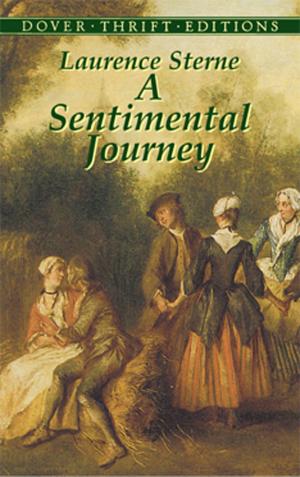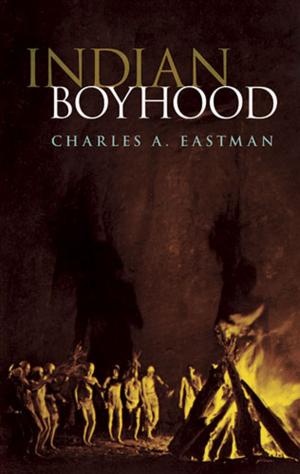| Author: | Arthur Bernon Tourtellot | ISBN: | 9780486789477 |
| Publisher: | Dover Publications | Publication: | January 15, 2014 |
| Imprint: | Dover Publications | Language: | English |
| Author: | Arthur Bernon Tourtellot |
| ISBN: | 9780486789477 |
| Publisher: | Dover Publications |
| Publication: | January 15, 2014 |
| Imprint: | Dover Publications |
| Language: | English |
"Thou hast been a generous giver," wrote Henry Wadsworth Longfellow in "To the River Charles," a poetic celebration of the eastern Massachusetts watercourse. Rich in intriguing and amusing anecdotes, this illustrated history traces the Charles's path to the sea through rocky gorges and vast meadows, along with the river's contributions to America's cultural development. Profiles of those who dwelt along the banks range from colonial settlers in the Boston, Charlestown, and Cambridge areas to more recent residents — Captain John Smith, Governor Winthrop, and John Harvard as well as Longfellow, Robert Lowell, and many others.
Arthur Bernon Tourtellot recounts the Charles's role in national affairs, including the protective advantages the river offered to colonists during the Revolutionary War. He chronicles the riverside industrial boom of the 1800s, the twentieth-century decline, and the valley's reversion to provincialism. His highly readable narrative also explores the river's influence on the painters, poets, and philosophers of New England's golden age.
"Thou hast been a generous giver," wrote Henry Wadsworth Longfellow in "To the River Charles," a poetic celebration of the eastern Massachusetts watercourse. Rich in intriguing and amusing anecdotes, this illustrated history traces the Charles's path to the sea through rocky gorges and vast meadows, along with the river's contributions to America's cultural development. Profiles of those who dwelt along the banks range from colonial settlers in the Boston, Charlestown, and Cambridge areas to more recent residents — Captain John Smith, Governor Winthrop, and John Harvard as well as Longfellow, Robert Lowell, and many others.
Arthur Bernon Tourtellot recounts the Charles's role in national affairs, including the protective advantages the river offered to colonists during the Revolutionary War. He chronicles the riverside industrial boom of the 1800s, the twentieth-century decline, and the valley's reversion to provincialism. His highly readable narrative also explores the river's influence on the painters, poets, and philosophers of New England's golden age.















